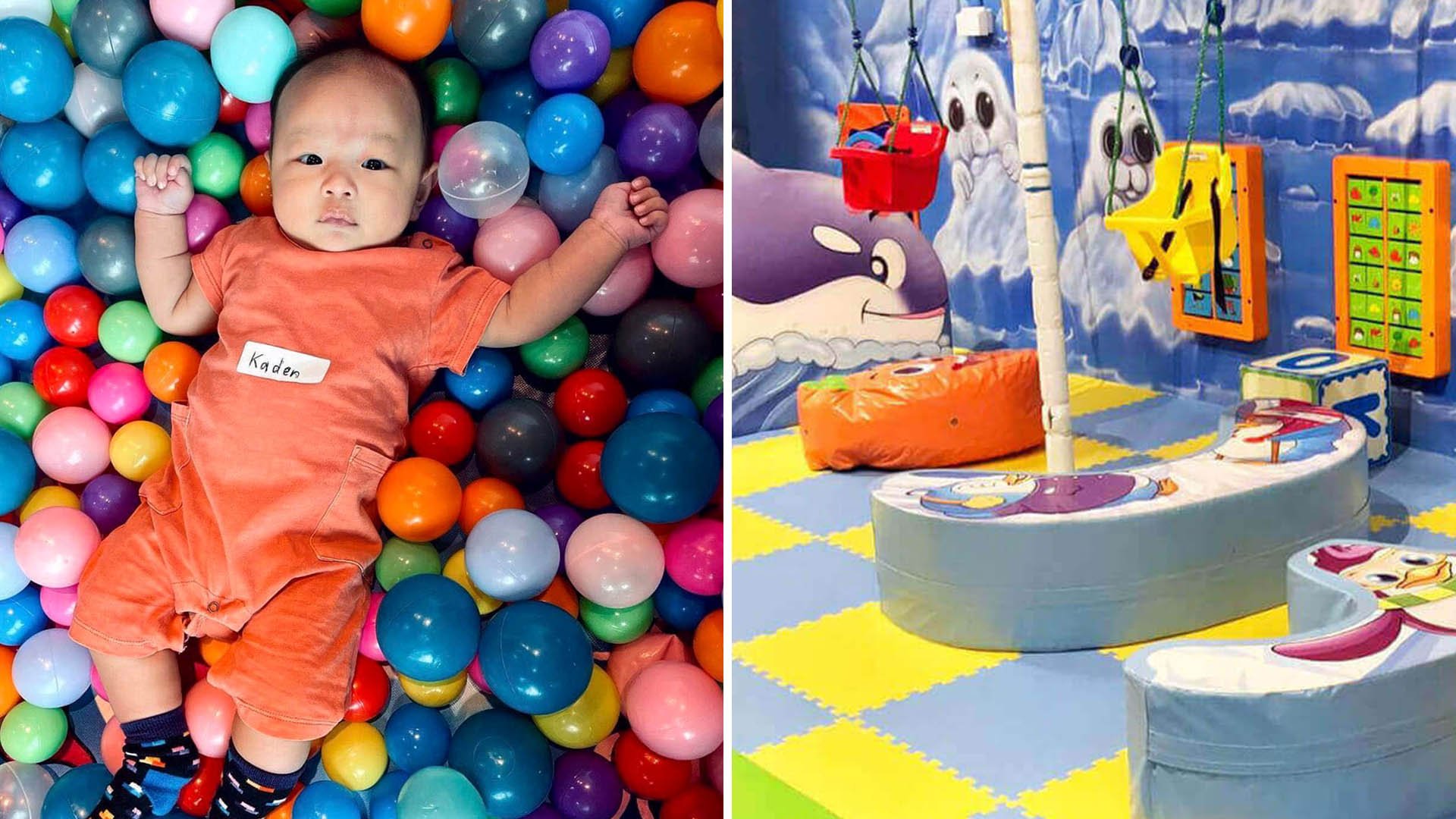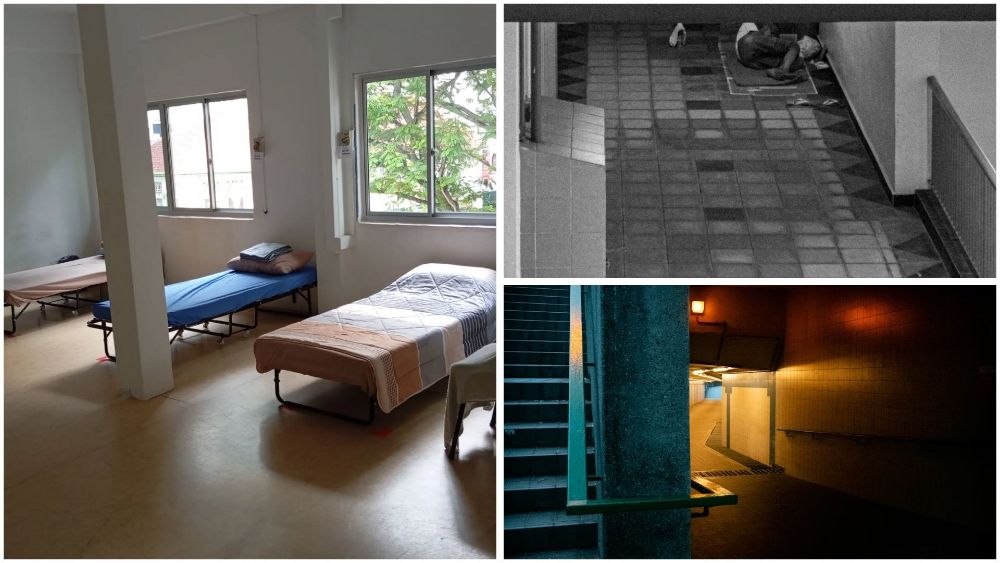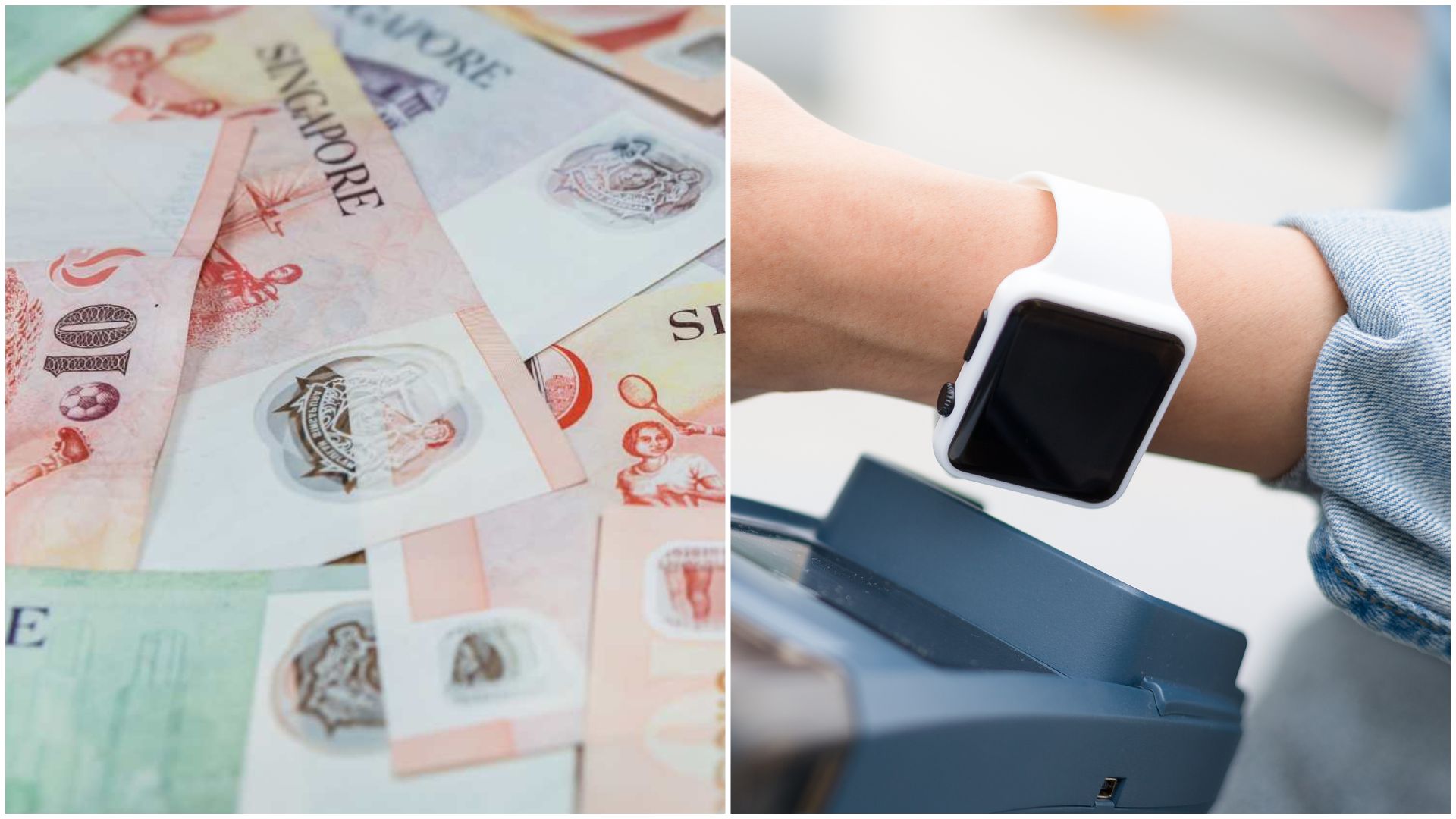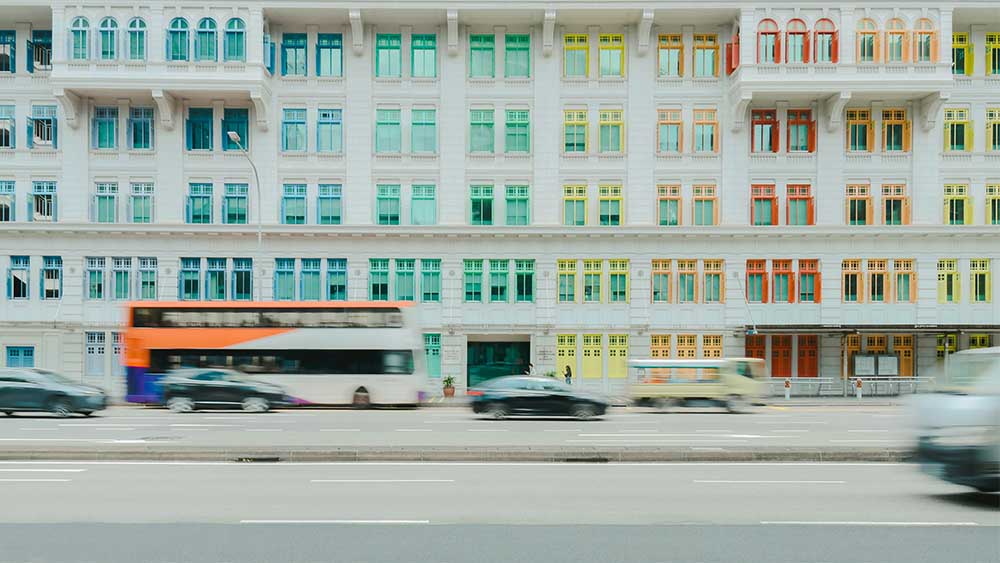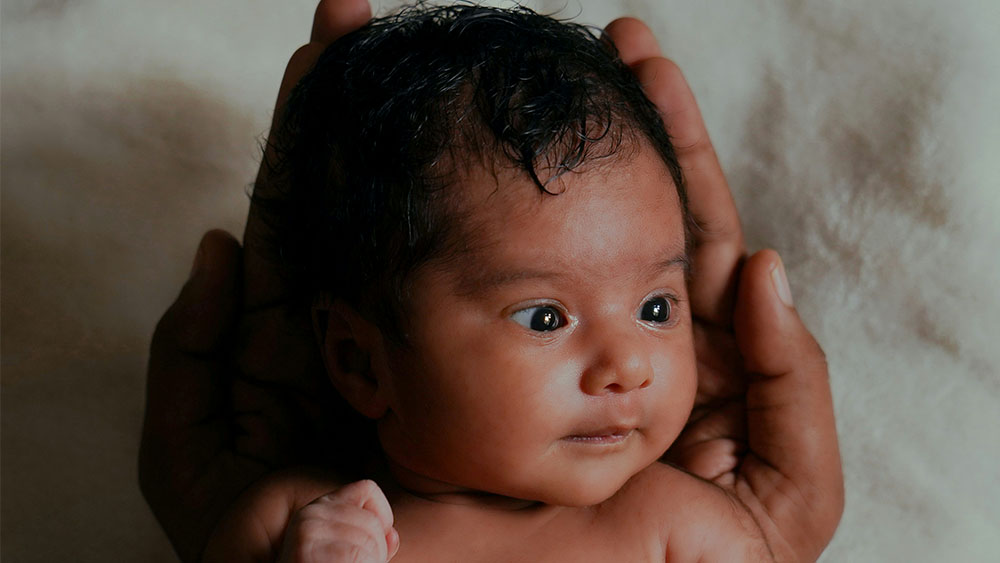Do You Still Carry Cash? Maybe It’s Not About Convenience, But Control
I’m planning a holiday to Norway. You know, fjords, midnight sun, and the thrill of paying $40 for a burger.
While researching how much Norwegian kroner I should change for a two-week holiday, I realised: cash is no longer king there. Debit and credit cards are accepted almost everywhere, and most places take Google Pay and Apple Pay. (Still, it’s a good idea to carry a bit of cash – for small purchases, just in case.)
Suddenly, I wasn’t thinking about exchange rates. I was thinking about home.
Would we ever reach that point in the Lion City?
Can you really go cashless in Singapore?
Short answer: yes, if you’re willing to be flexible.
Long answer: it depends on how comfortable you are with change (and letting go of small change) – and with systems that can fail.
In Singapore, you can board a bus, pay for groceries, order food, send money, and tithe at church without ever touching your wallet. Hawkers now flash QR codes instead of pointing to a tin can (iykyk).
But cash still lingers in specific spaces: wet markets, hawker stalls, older heartland shops – and of course, ang pows. For some, it's nostalgic. For others, it's essential.
Why do we still hang on?
For many, cash equals control. You can see it, feel it, count it. When it’s gone, it’s gone. Paying with cash imposes a kind of self-discipline that digital payments erode. Tap-and-go makes it all too easy to overspend and underthink.
There’s also trust. Physical money works without Wi-Fi, without apps, without worrying if your bank or PayNow or NETS is down. And let’s not forget the small business owner who isn’t keen on letting the taxman track every transaction. (No judgement, just facts.)
But beyond habit or control, there’s fear. A nagging discomfort that once we fully let go of cash, we’ll be at the mercy of something we can’t quite touch or trust.
Going digital: a double-edged sword
In contrast, many Singaporeans are enthusiastic adopters of digital payments. We’re tech-savvy, efficiency-driven, and constantly chasing convenience. Why queue at the ATM when you can split bills in three taps?
Scandinavia, particularly Sweden and Norway, is often held up as the model. In Sweden, only 8 per cent of people said they used cash in their last purchase. In Norway, a mere 3 per cent. The shift in Sweden to digital began in the 1990s, partly to combat armed robberies. Today, even buskers take electronic payment.
But the Swedish experience also offers a warning. In 2023, Sweden saw online scams rise sharply, with criminals siphoning off 1.2 billion kronor – double the amount in 2021. Their ultra-slick digital ID system, BankID, is used for everything from tax returns to buying bus tickets. While it's secure and convenient, it has also become a high-value target for scammers. The system’s very efficiency – authenticate with a fingerprint or face scan and the transaction goes through – makes it unforgiving. One mistake, and your money’s gone.
It’s a cautionary tale. Going cashless doesn’t just change how we pay – it transforms the risk landscape.
 A truly cashless society risks being an exclusive one. | IMAGE: PEXELS
A truly cashless society risks being an exclusive one. | IMAGE: PEXELS
What does this say about us?
Cash, or the absence of it, reflects deeper values. It reveals whom we trust, how we handle our autonomy, and what we’re afraid to lose.
The uncle who insists on exact change might not be stuck in the past – he might just be clinging to what makes him feel secure. The teenager zipping through FairPrice with PayLah isn’t just modern – she’s living in a different economic reality where cash is a nuisance.
And for the elderly, the low-income, or anyone less digitally fluent, cash isn’t just money. It’s dignity, access, and independence. A truly cashless society risks being an exclusive one.
So, do we still need cash?
In Norway? Barely – but a bit of cash still comes in handy.
In Singapore? For now, yes. But the future looks digital. What matters is that we don't bulldoze our way into that future. Sweden shows us that removing cash doesn’t just streamline – it exposes. The same tools that make our lives easier also open new vulnerabilities. And once cash is gone, there’s no off-switch. You can’t unplug from the system if there’s no alternative.
Cash shouldn’t be seen as backward. It should be seen as a choice. A failsafe. A symbol of freedom in an increasingly digitised world.
Me? I’m still changing a bit of kroner for Norway, but no more than S$100 for my 13-day trip – juuust in case. Not because I expect to use it, but because aiyah I’m Singaporean lah, ok?! Being kiasu is the original form of multi-factor authentication!
For the latest updates on Wonderwall.sg, be sure to follow us on TikTok, Telegram, Instagram, and Facebook. If you have a story idea for us, email us at [email protected].





